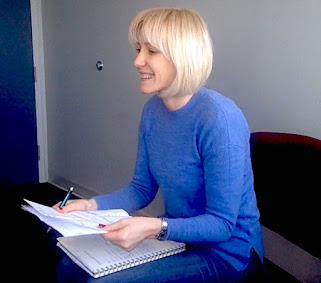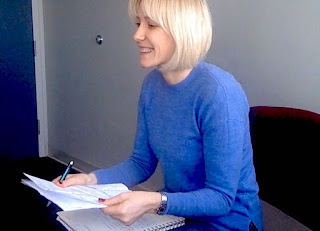Common Therapies Used to Cure Anxiety
A report published by the Anxiety and Depression Association of America or ADAA suggests that anxiety disorders like panic disorders and social anxiety disorders affect almost 18.1% of U.S. adults annually. The study also found that mood disorders like depression, bipolar, and seasonal disorder are the main reason behind their disability.
Overthinking habits and anxiety always lurk in our minds, but
some people experience it very closely while some don't even feel it around
them. Overthinking and worrying too much often interferes with their everyday
life.
Depression and anxiety therapies are designed to identify and address the triggering factors to lower stress levels.
Here are some effective therapies that work wonders for anxiety.
CBT or Cognitive Behavioral Therapy
It is the most widely-used therapy for anxiety disorders that treats panic disorders,
phobias, social anxiety disorders, and other conditions. The therapists
identify and address negative patterns. As implied in the name, the therapy
includes two components, i.e., cognitive therapy and behavior therapy. The
treatment involves studying an individual's thoughts, not external events.
Exposure therapy
The therapy involves exposing individuals to situations or places that they fear.
In anxiety, most people avoid problems and objects that trigger their anxiety,
as this is the most natural way to deal with the situation. For instance, if
someone is afraid of heights, he would avoid trekking because of his fear. With
exposure therapy, individuals are exposed to their fear repetitively. The
repetition of exposures can potentially equip the person with an increasing
sense of control over his thoughts in the situation to take over the anxiety.
Usually, therapists help patients to confront their fears in two ways: through
imagination or by facing them in real life.
These two are the most widely used therapies to treat anxiety disorders.
Several complementary therapies can work together to lower your stress level and
achieve an emotional balance.
Complementary therapies that help with anxiety
It is a natural stress buster as regular exercising can bring down your anxiety level
by a considerable amount. Some studies show that about 30 minutes of daily
exercise can drastically change your stress level.
Relaxation techniques
There are several relaxation techniques like mindful meditation, which, when practiced
regularly, can boost emotional well-being and help the patient to see and
navigate clearly under pressure situations.
Biofeedback
It uses sensors to measure physiological functions like heart rate, blood pressure,
oxygen levels in the blood, and muscle tension to identify the body's reaction
during anxiety episodes. The goal is to determine how your body reacts in
certain situations and learn ways to control it by leveraging relaxation
techniques.
If you are looking for holistic depression and anxiety therapies to address your
anxiety episodes, contact Vaughan Counsellors.



Comments
Post a Comment